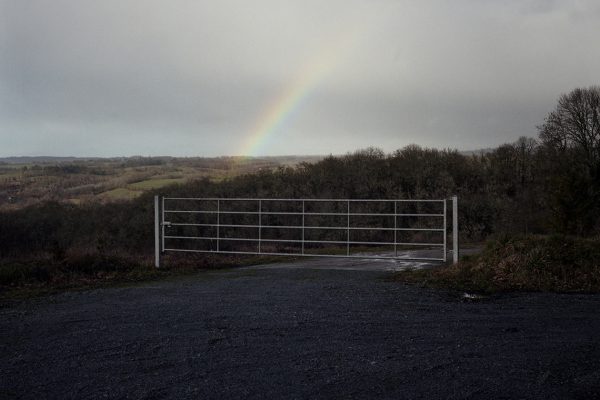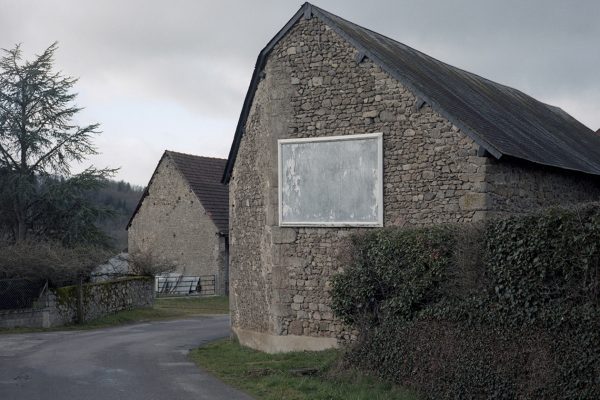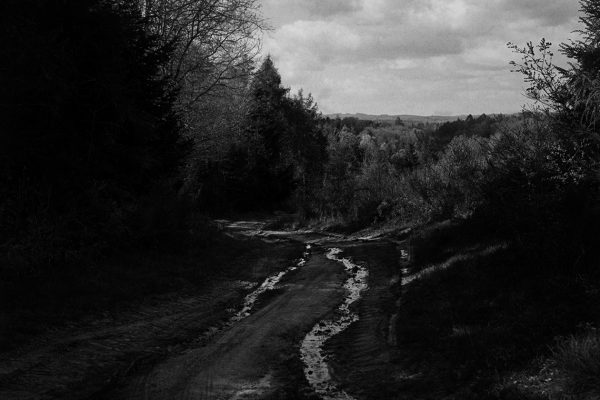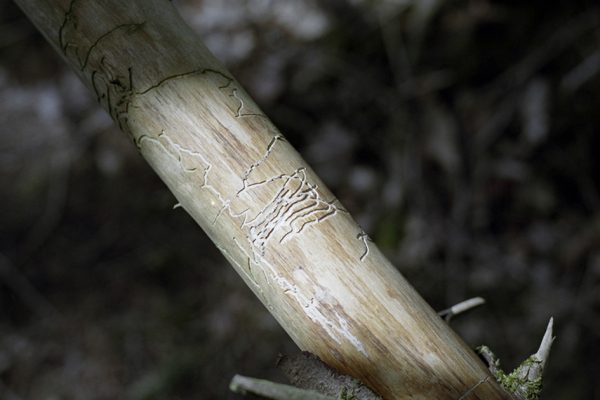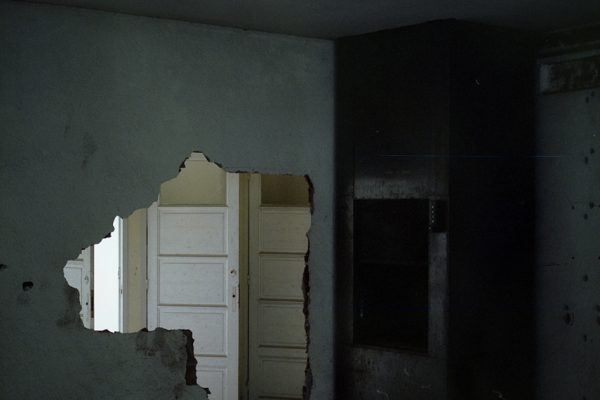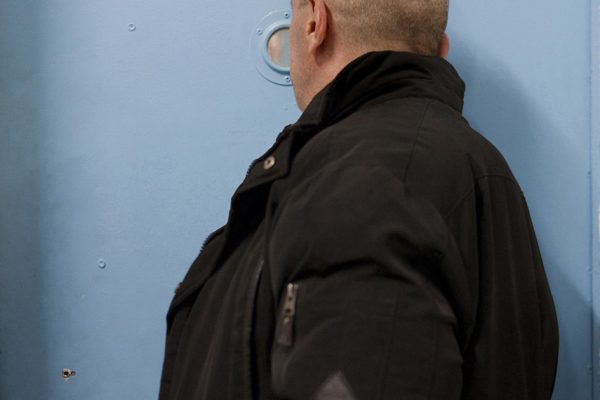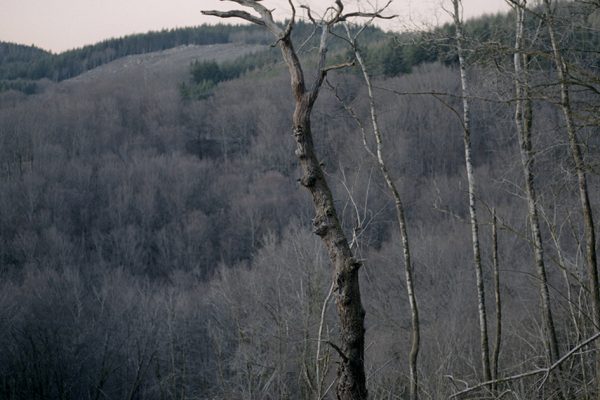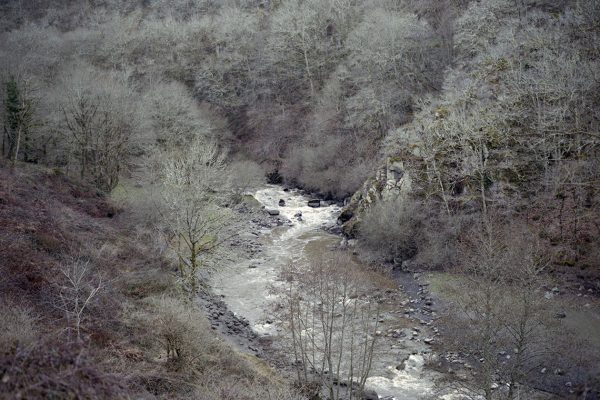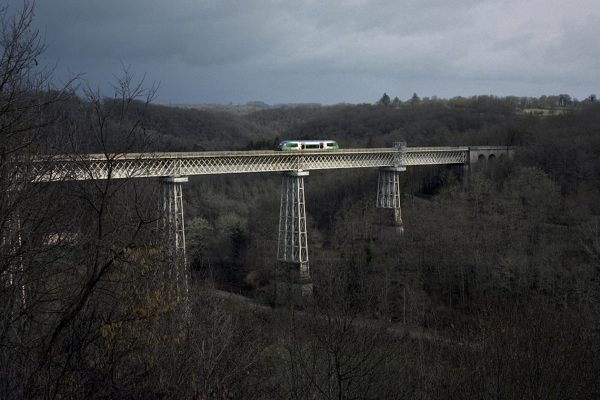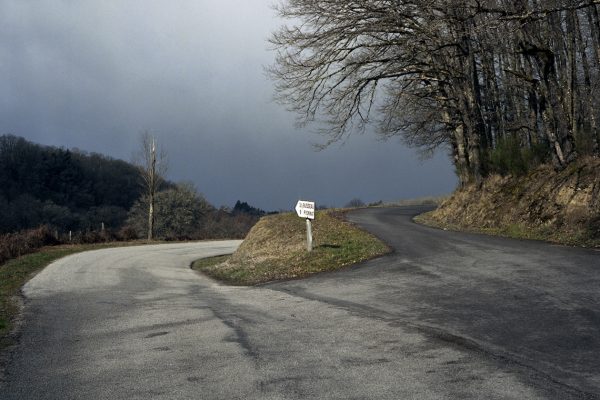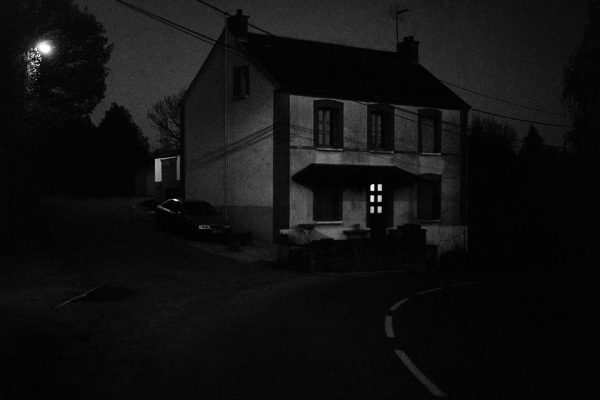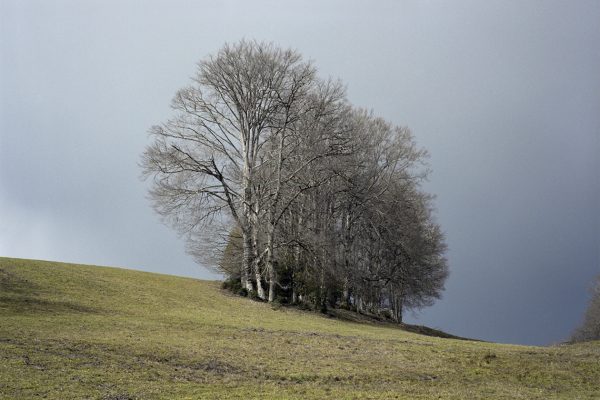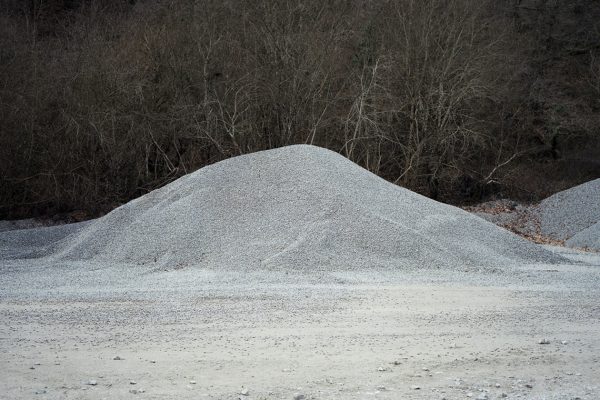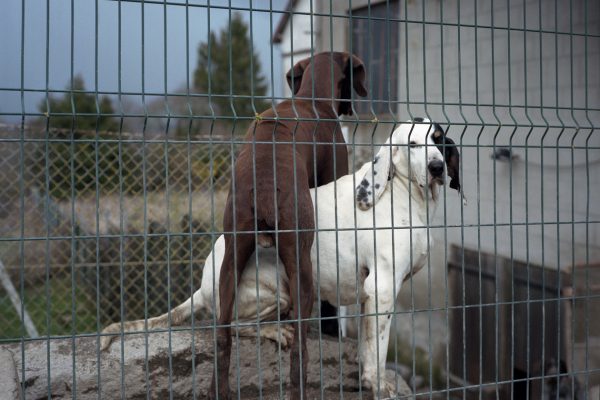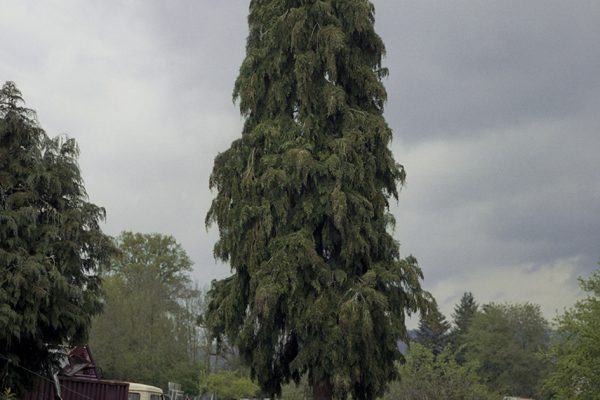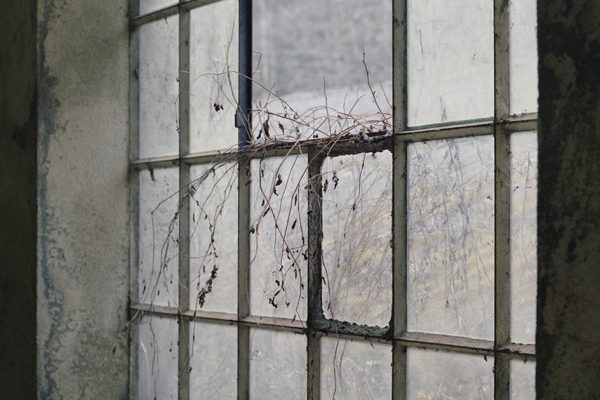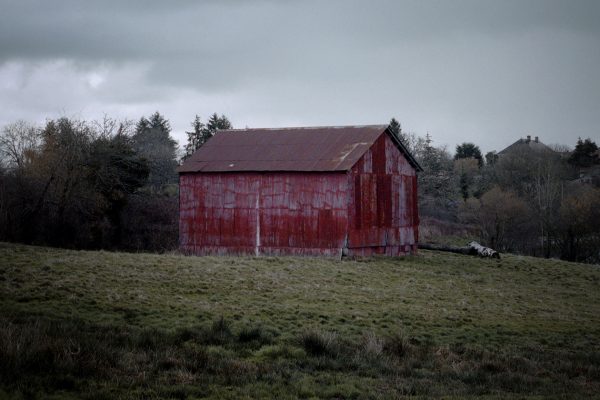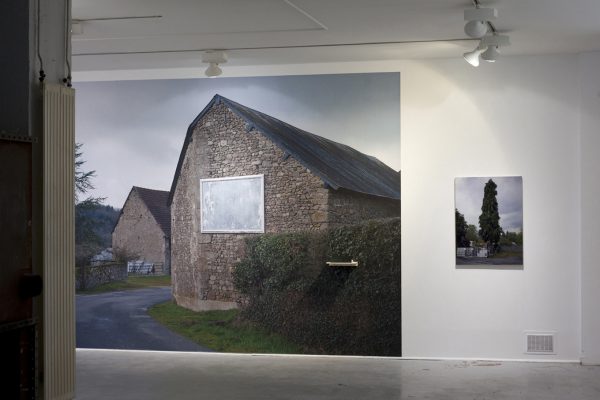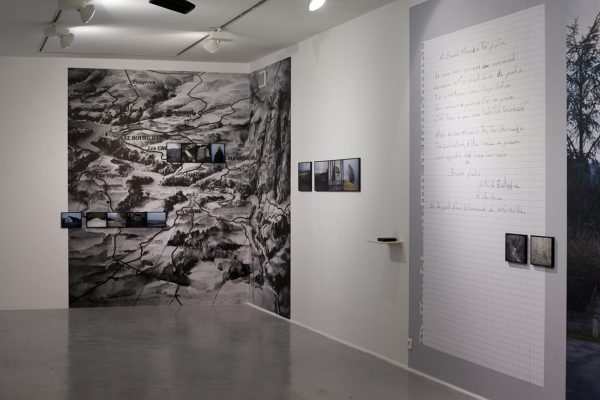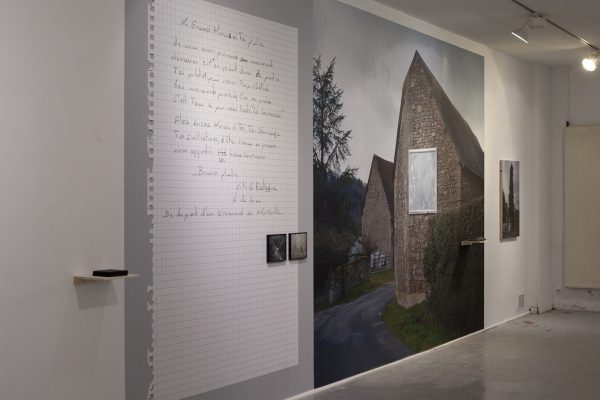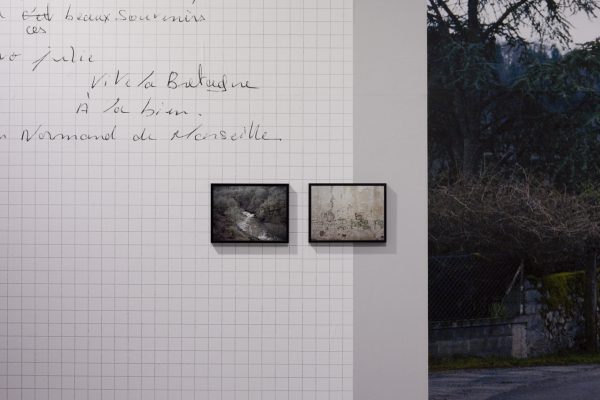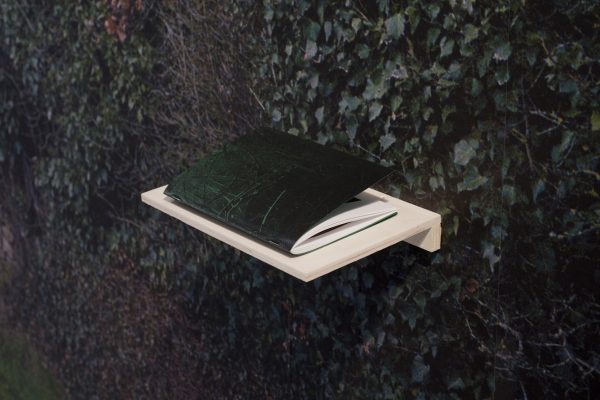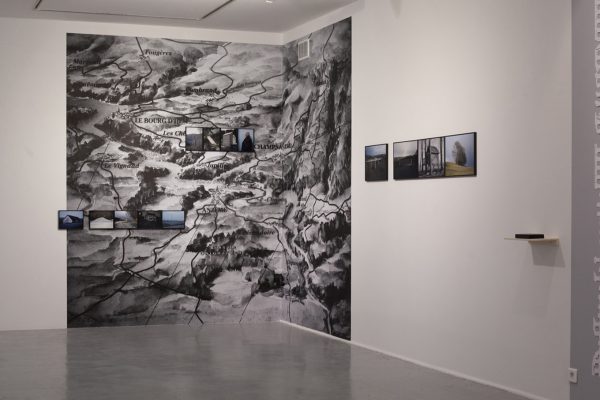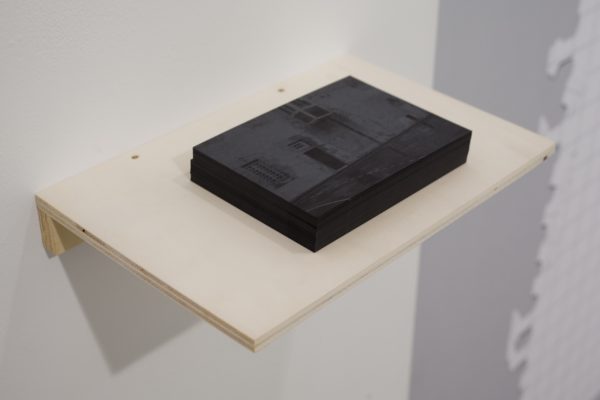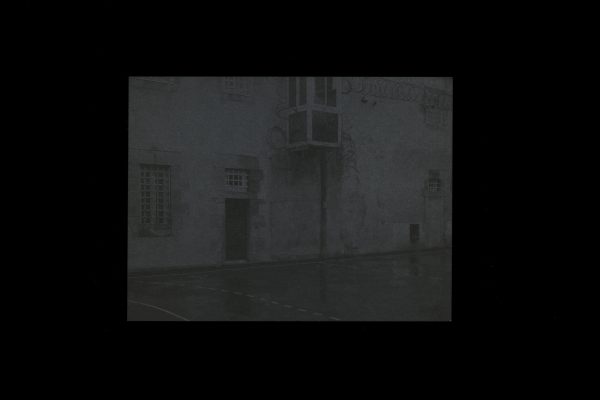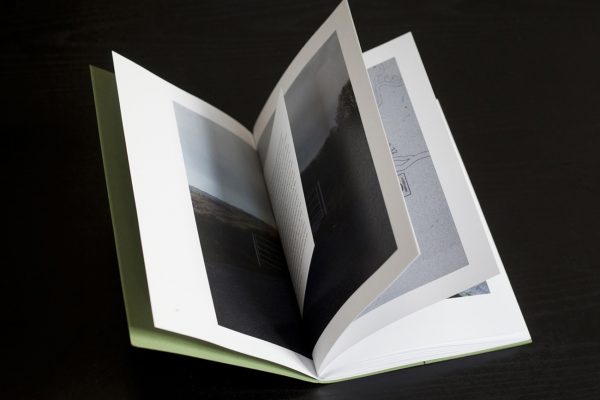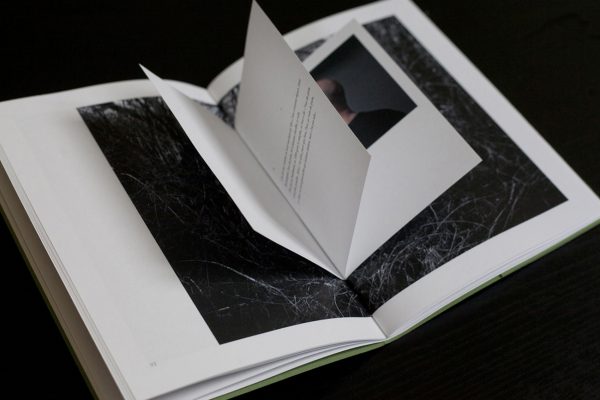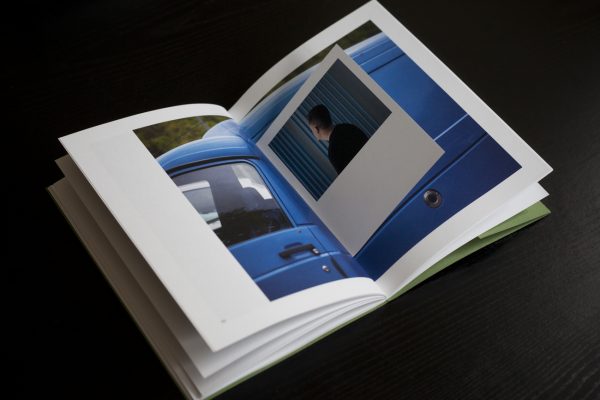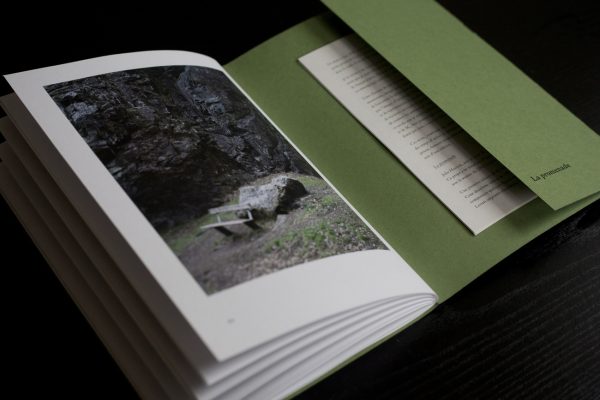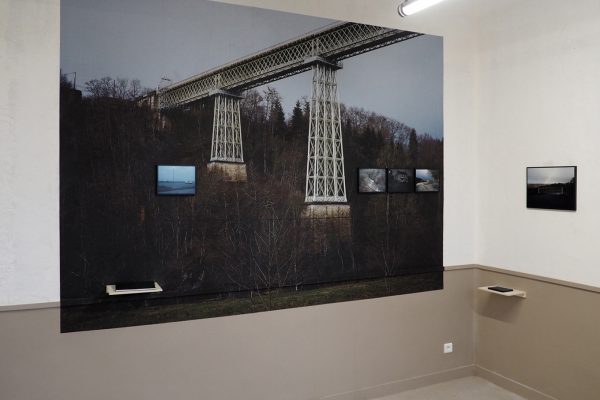Abstract of the accomplished photographic work
From March to May 2019, I visited inmates at France’s second smallest prison (Guéret, Creuse).
I questioned seven detainees about their relationship to the landscape,
inviting them to tell me stories of places they were familiar with, before they were placed in detention.
I recorded these words and translated them into small chapters,
that were, afterwards, read and validated by their authors.
Taking their tales as my road-map,
I walked on their steps and made pictures of the places they described.
I brought these photographs to our following meetings,
as a way of bringing the outside within the walls of the prison,
and questioning the power of projection and representation of a photograph.
These pictures show different landscapes of the region,
but yet, the project is about not having access to them.
With this landscape pictures, and portraits we took together as I was visiting this group of men in jail,
and the written chapters made ouf of their stories : we made a book. A self-published book,
because I have always considered self-publishing as a practice strongly related to illegal printed-matter and a mean to protest against censorship.
Concerning the title : in french “la promenade” has two meanings : a walk, and the courtyard of the prison.
The main project is the book. I usually show it within a display/scenography, including a letter from one of these detainees, landscape pictures on the wall, and the audio record of another.
Installation shots
Description of the project you intend to pursue through the Prize
I would like to build a research on marble caves in Carrara. This project would combine landscape pictures of that very specific place stuck between the Alpi Apuane and the sea coast ; views of local villages, and some archive documents (texts and pictures) related to the creation of the italian Anarchist federation in this same city in 1945. This project would give a critical look on extractivism and its contemporary issues, especially in this region. There would be a visual confrontation between the white rocks of Carrare and the black flags of this historical movement. This research would be led in collaboration with italian researchers on political sciences, historians, radical thinkers and local people who continue to fight against these huge sites and to preserve the landscape from being to much transformed. Landscape is political, and my work intends to visually express these problematics. This prize would help me get some authorizations to take pictures on cave-sites, and to finance the help of an italian collaborator and researcher to help me on the theoretical part of that project, flickering through the archives. The fact that the prize is italian-based is also very coherent to me, it is important that the book relates to a country-related History, from a documentary point of view.

